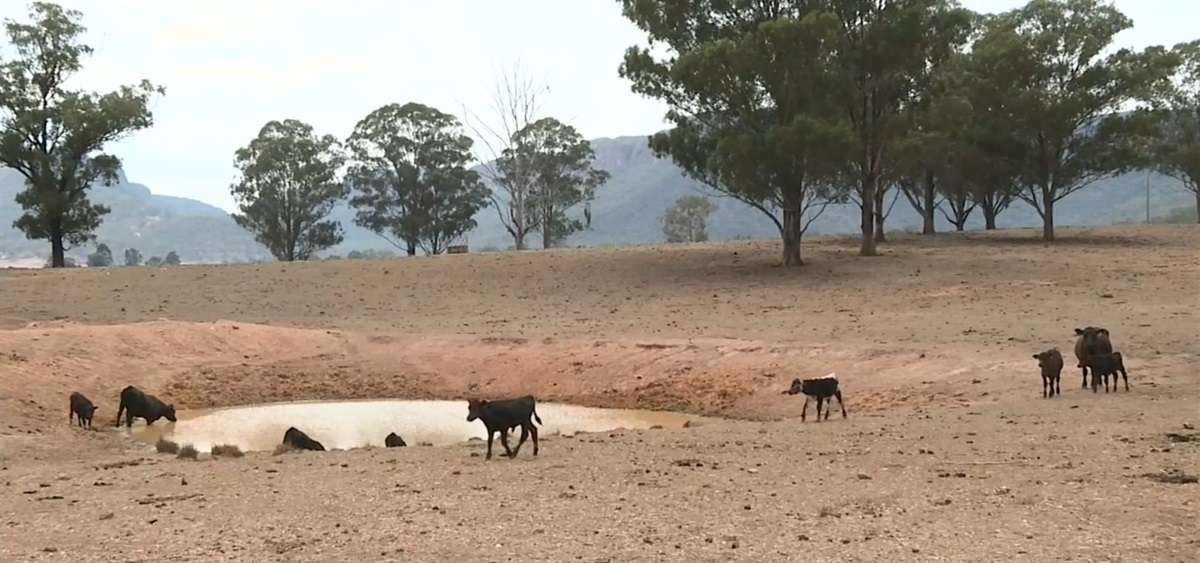The City of Melbourne has planted almost 1 million seeds along Gatehouse Street in Royal Park, in a trial that will test ways to create large indigenous wildflower meadows.
Chair of the City of Melbourne’s Environment Portfolio Cr Cathy Oke said the Royal Park Direct Seeding Project would trial six different types of garden beds to determine the best and most cost-effective way to plant indigenous flowers beneath existing trees.
“We’ve planted almost one million seeds to create the City of Melbourne’s first indigenous wildflower meadow. There are 27 species of flowers and grasses represented, including Chocolate Lily and Tufted Bluebell,” Cr Oke said.
“Not only are we aiming to grow the city’s first indigenous wildflower meadow, we also hope to learn valuable lessons about the most effective way to increase biodiversity.”
Cr Oke said the initiative was another way the city was taking action in response to the climate and biodiversity emergency.
“Understorey plants – or those that grow low on the ground beneath trees – play a really important role in supporting biodiversity and attracting insects and native birds,” Cr Oke said.
“Indigenous planting supports healthy ecosystems within our parks and gardens, and helps make our city more resilient to the impacts of climate change.
“The City of Melbourne is rich in biodiversity, with more than 239 species of birds, 12 species of reptiles, 18 species of mammals, seven species of frogs, more than 1500 species of insects, and 31 species of fish recorded in the last 20 years.
“This trial, together with our ‘Greening the City’ initiative to plant 150,000 new trees, shrubs and grasses across the city, will help us increase biodiversity and create a more resilient and liveable city.”
Direct seeding is a cost effective alternative to growing plants in pots, particularly for mass planting, saving time and costs.
The project is part of City of Melbourne’s Nature in the City Strategy and is being delivered in partnership with the University of Melbourne. It includes trialling existing soil and two different sand depths, and garden beds with and without jute matting.
University of Melbourne School of Ecosystem and Forest Sciences researchers designed the experiment, and grew and tested seeds in germination trials at the University’s Burnley Campus to develop the most diverse and successful seed mix.
Researchers will monitor the site for 12 months, with results of the trial to help the city plan future native understorey plantings.
/Public Release. View in full here.







